This article is part of a new ongoing series presented by activist group Voices4 curated by Adam Eli. The series, like the activist group, will seek to drive change in our community by leveraging our global network and elevating marginalized voices.
As we prepare for the 50th anniversary of the Stonewall riots, the LGBTQ+ community has been celebrating the rich history of activism that stems from its legacy. But Stonewall and the movements that followed it are not distant history. While we have made tremendous progress in securing rights for our community since June 1969, we are still fighting many of the same battles, and many of the activists who are on the frontlines now were on the frontlines then. Now, as they enter old age, they increasingly need the support of younger LGBTQ+ activists who are standing on their shoulders.
"The Stonewall uprising was led by young people," says Michael Adams, the CEO of SAGE, the oldest and largest organization in the country dedicated to LGBTQ+ elders. "Those young people are now our elders and they're still doing so much work and so much advocacy, and often their needs aren't being addressed, even within our own community."
The AIDS crisis decimated a generation of gay, queer, and trans folks, and those that survived face daily challenges as they age, often in isolation. If she were alive today, Marsha P. Johnson would be just 73. Sylvia Rivera would be just 67. That's younger than many of the participants in SAGE's first annual National Day of Advocacy on Wednesday. More than 120 folks from SAGE centers across 20 states and Puerto Rico visited more than 70 Congressional offices in Washington, D.C., to share their stories and advocate for legislative measures that would protect LGBTQ+ and HIV-affected elders.
These groups are some of the most underserved populations among American seniors. Not only are they more likely to experience poverty, but they are twice as likely as straight seniors to live alone, and four times less likely to have children. This lack of a vital support system can mean that they have few people to call for help or to advocate for their needs as they begin becoming more dependent on elder care. Despite this lack of built-in support, LGBTQ+ elders are also less likely to access services such as senior centers, meal programs, and in-home care due to fear of discrimination.
The main agenda of the National Day of Advocacy was to encourage congressional support for three bills: The LGBT Elder Americans Act and the Elder Pride Act, which would introduce specific protections for LGBTQ+ seniors, and the Equality Act, an omnibus non-discrimination bill that was reintroduced on Wednesday.
Sharon Kilpatrick, a member of SAGE Raleigh and a geriatric care manager, told the story of a SAGE client in her 80s who called from a long-term care facility asking for volunteers from the LGBTQ+ community to visit her. SAGE quickly recognized her as an active lesbian advocate who had been involved in the Raleigh, North Carolina LGBTQ+ community for years. "Her ask was that nobody identify themselves as being part of the community when they came to facility because she wasn't sure how her peers would feel about things," Kilpatrick said. "For me, as a younger senior, it's really scary that such an advocate, who was such an integral part of our community, now in the later years of her life, is so fearful that she can't be the true person that she is."
Roger Macon shared with his representative the stories of the race- and sexuality-based discrimination he has faced throughout his life, as well as the health struggles he has faced as an older adult. "I have found more discrimination in parts of New York than when I go back home to [rural Ohio]," he said. Macon moved to New York two weeks after Stonewall and has been active in radical LGBTQ+ politics ever since. An early member of ACT UP, Macon says he had handcuffed himself to St. Patrick's Cathedral and staged a kiss-in during mass. Macon was expecting to be arrested on Wednesday until his partner told him it was not that kind of protest. Now, at the age of 71, he said he is still facing housing discrimination at his home in Queens.
Ruthie Berman, along with her late spouse Connie Kurtz, is the namesake of the Ruthie and Connie LGBT Elder Americans Act, which was introduced to the House in 2017. She has been politically active since she came to identify as a lesbian after falling in love with Kurtz in the 1970s. In 1988, Berman and Kurtz sued the New York City Board of Education because Kurtz was not entitled to the benefits Berman received as a guidance counselor at Sheepshead Bay High School. This lawsuit led to the city extending benefits to domestic-partners in 1994.
Berman has been involved in SAGE since it was founded as Senior Action in a Gay Environment in 1978. She joined the National Day of Advocacy to push Congress to protect the rights of LGBTQ+ elders like herself. On Wednesday, she spoke with staff from all of the members of Congress who represent her in Florida -- Rep. Brian Mast, Sen. Marco Rubio, and Sen. Rick Scott, who are all Republicans. "I think I really laid it on them," she told me. "It was important. I told Rick Scott's people to tell him, 'It's about time you be a mensch and do something for my community. And I want you to use the word mensch."
Lujira Cooper, who has been a member of SAGE for 10 years, spoke with the offices of New York representatives Jerry Nadler and Jose Serrano. She said the most effective way to advocate for the legislation is to emphasize that it's about family. For many elders who are isolated from their families of origin, the LGBTQ+ community is the only family they can rely on. She believes that framing the legislation as the LGBTQ+ community fighting for its family is the best way to get it passed. While SAGE is aware that these bills are unlikely to succeed with a Republican-led Senate, it hopes that Wednesday's actions will lay the groundwork for future passage.
LGBTQ+ elders need the support of younger generations in advocating for their rights. There are younger activists and artists amplifying the voices of LGBTQ+ elders through projects like Mobile Homecoming, by Alexis Pauline Gumbs and Sangodare, in which the two partners traveling across the country recording oral histories of black lesbian and queer elders, or through shared activism, like ACT UP, whose current membership ranges from original founding members to young activists in their 20s. But LGBTQ+ elders too often feel ignored by younger generations of queer folks. "Over and over what we hear again from our elders is that they feel invisible and forgotten by the rest of the community, and that includes our younger people," says Adams. "And what we've seen is that it's so powerful when older and younger people come together and engage as activists."





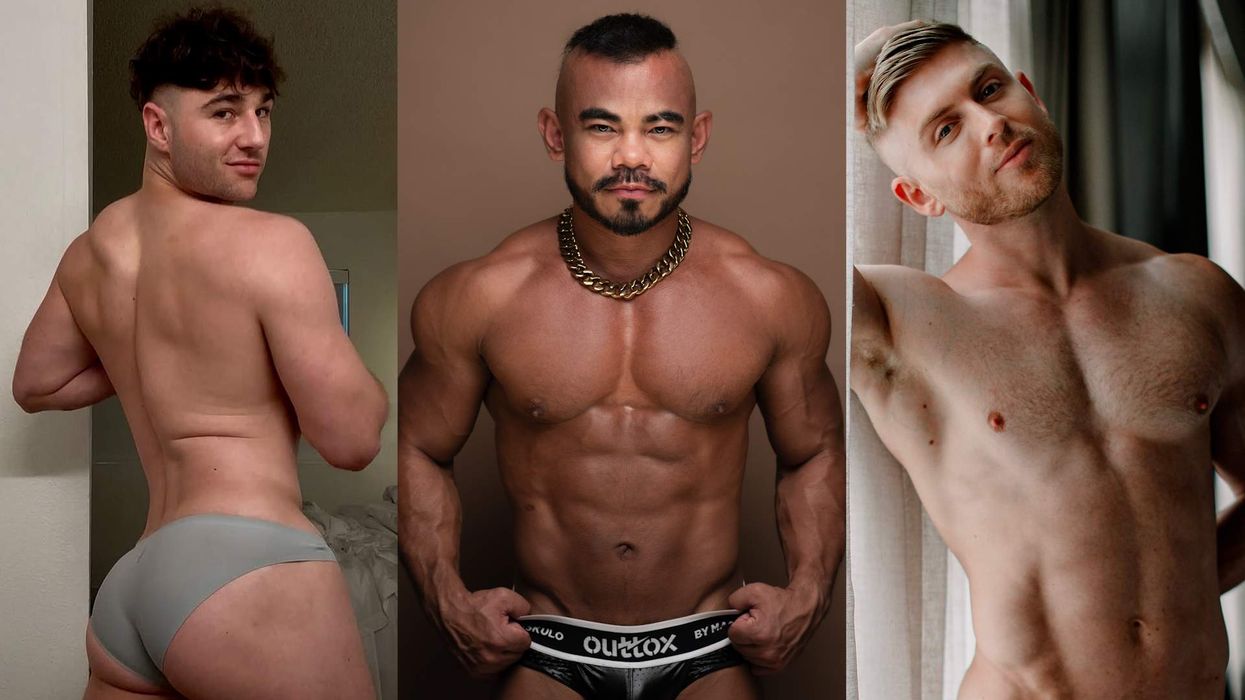


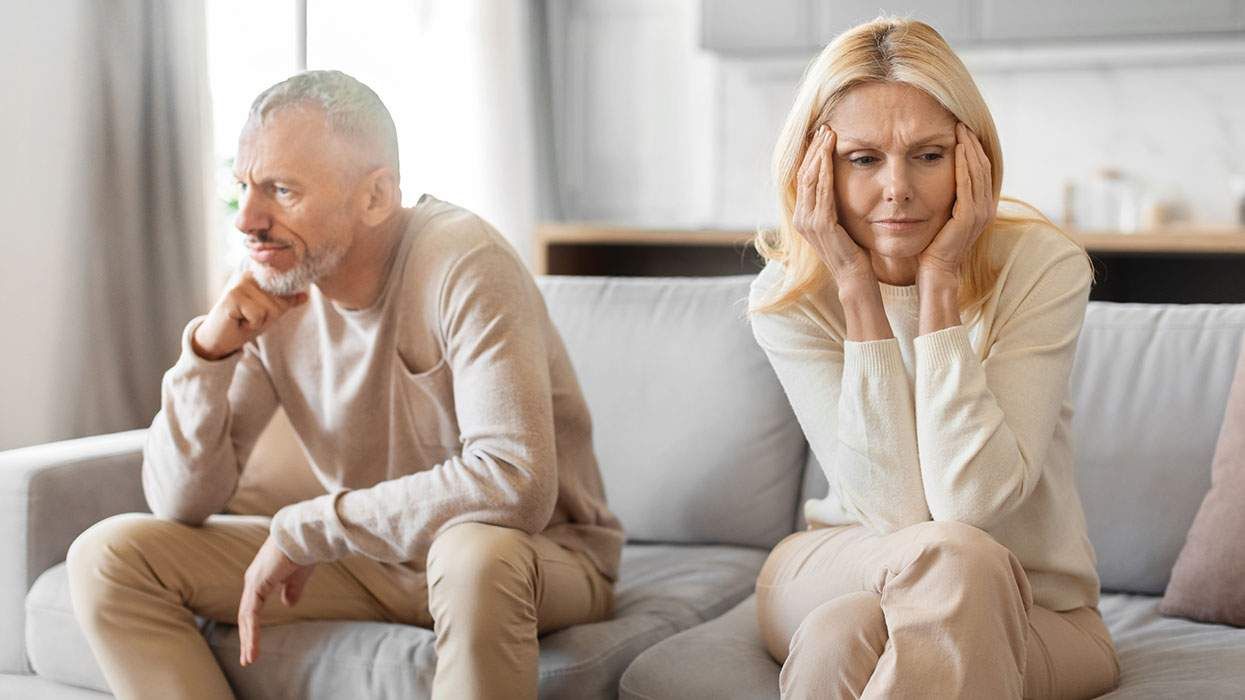
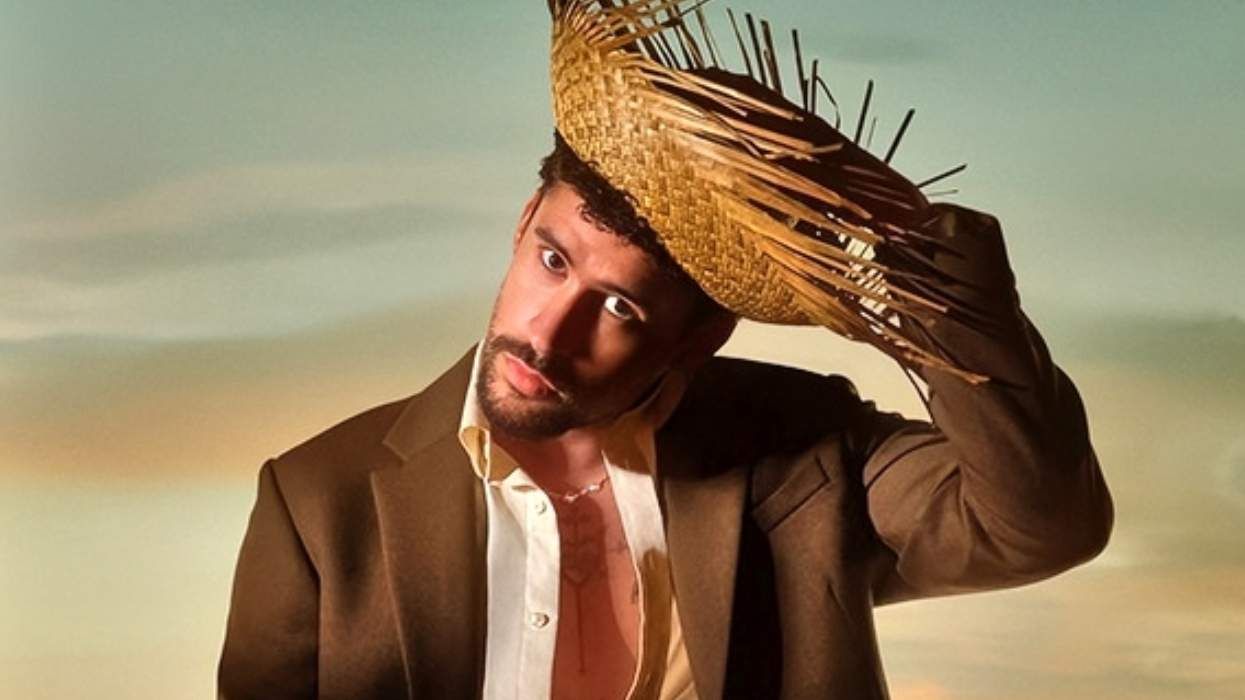
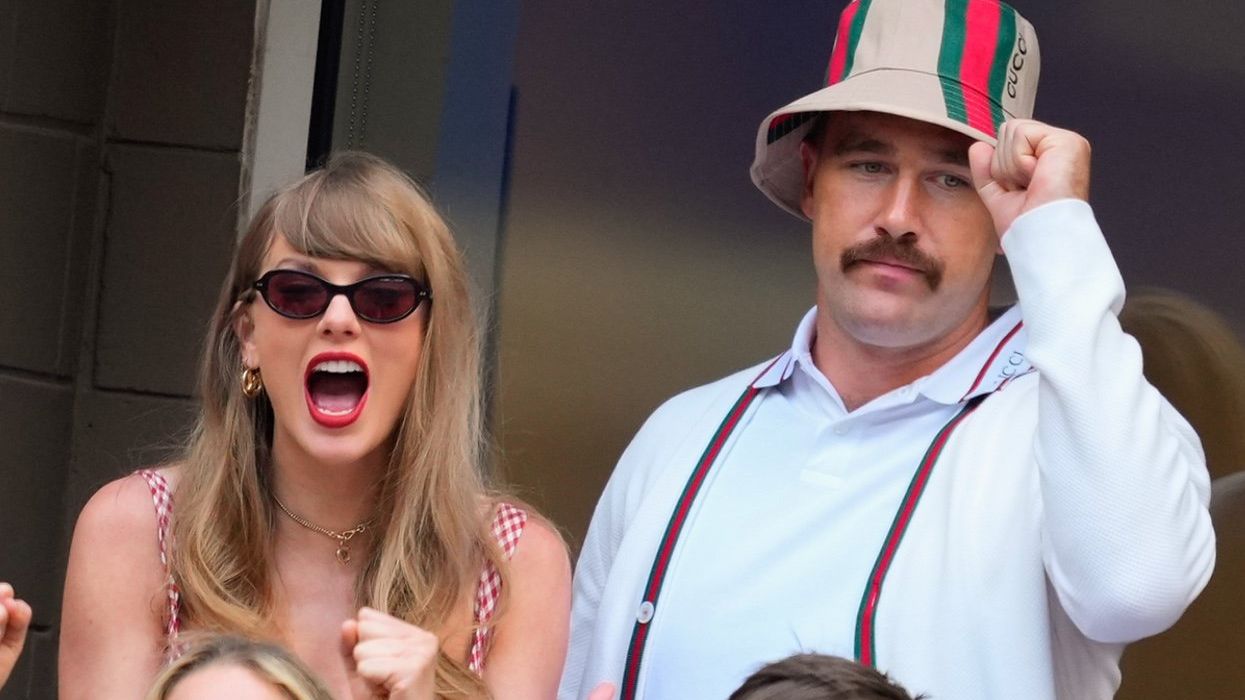
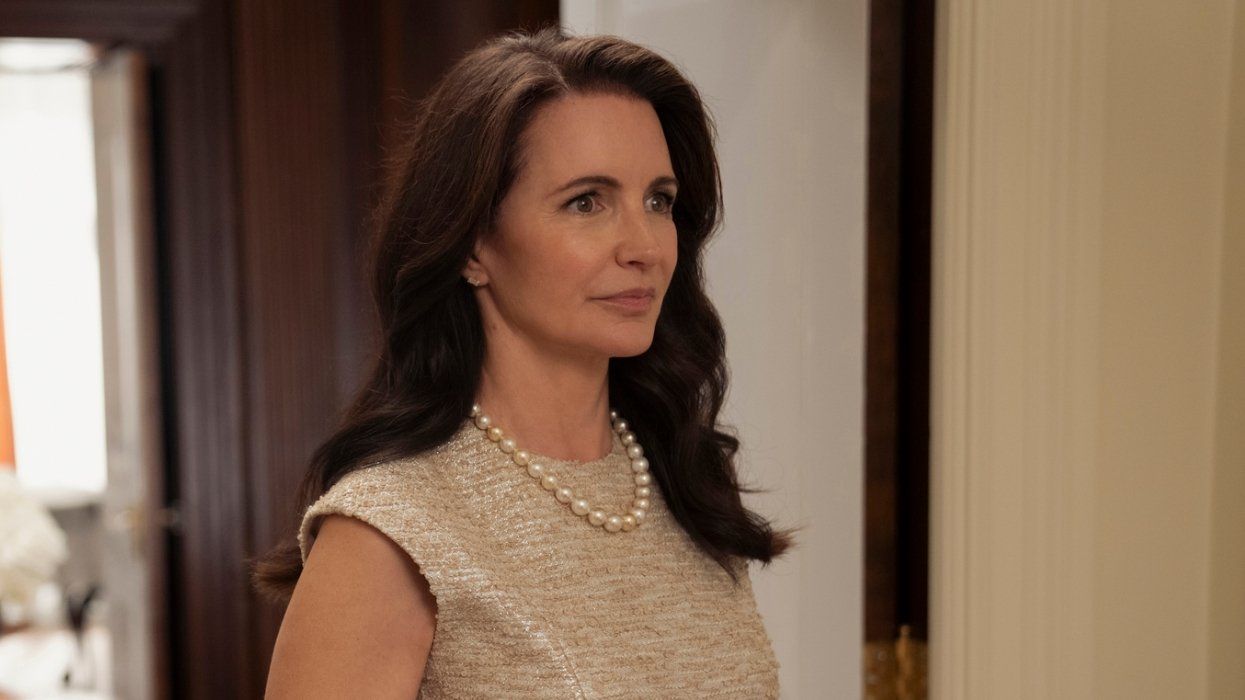

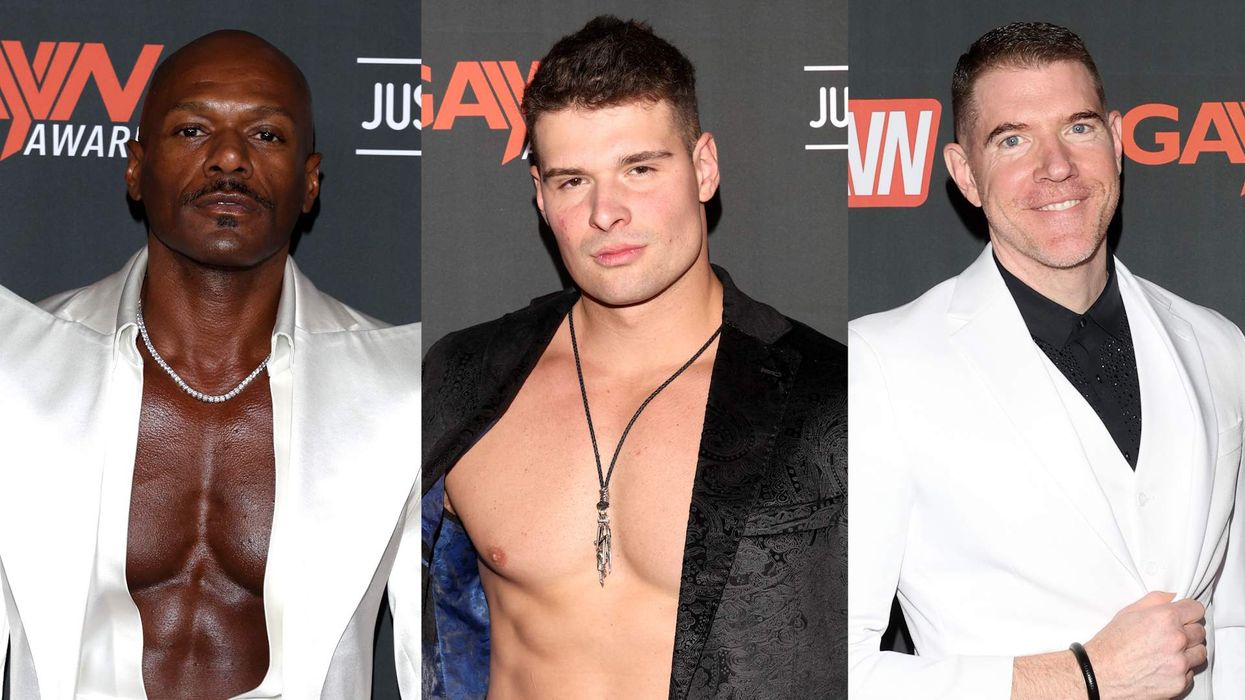
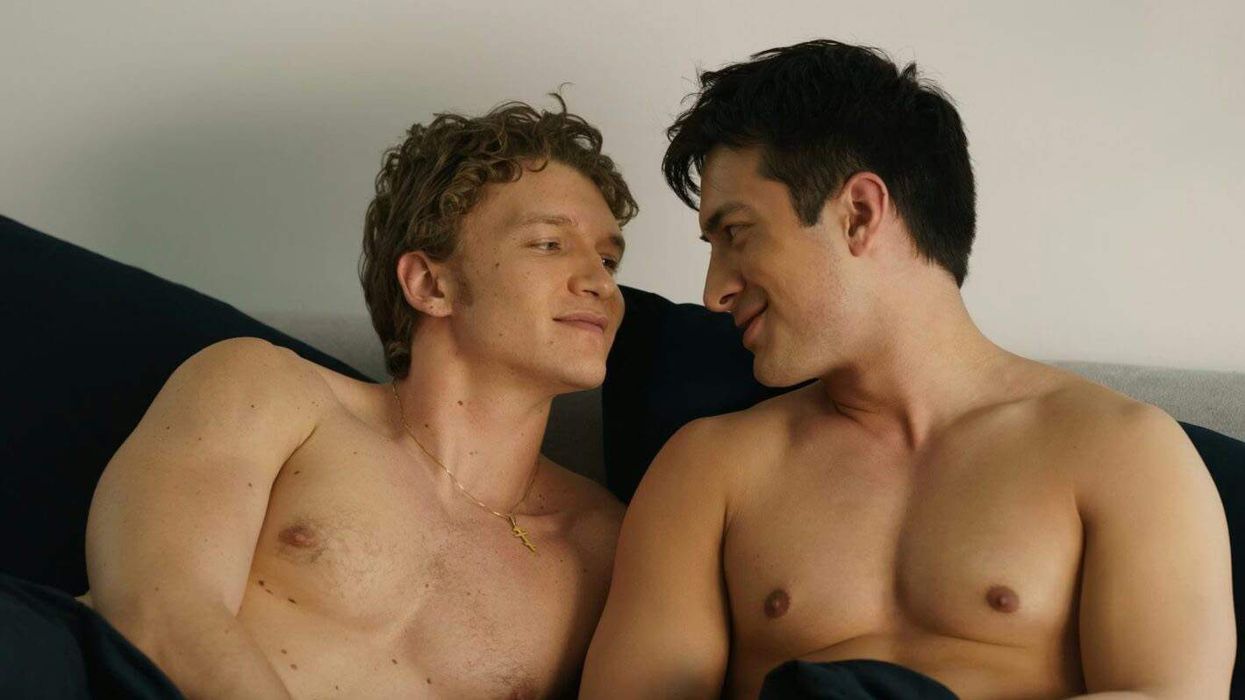



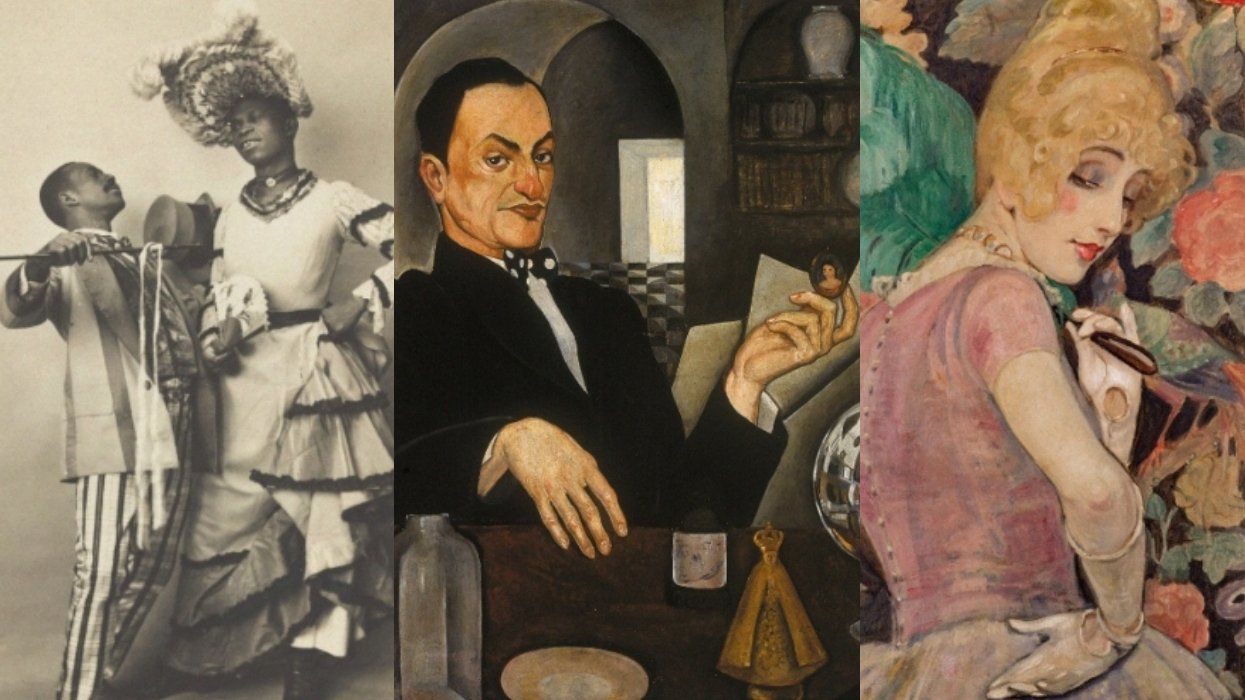




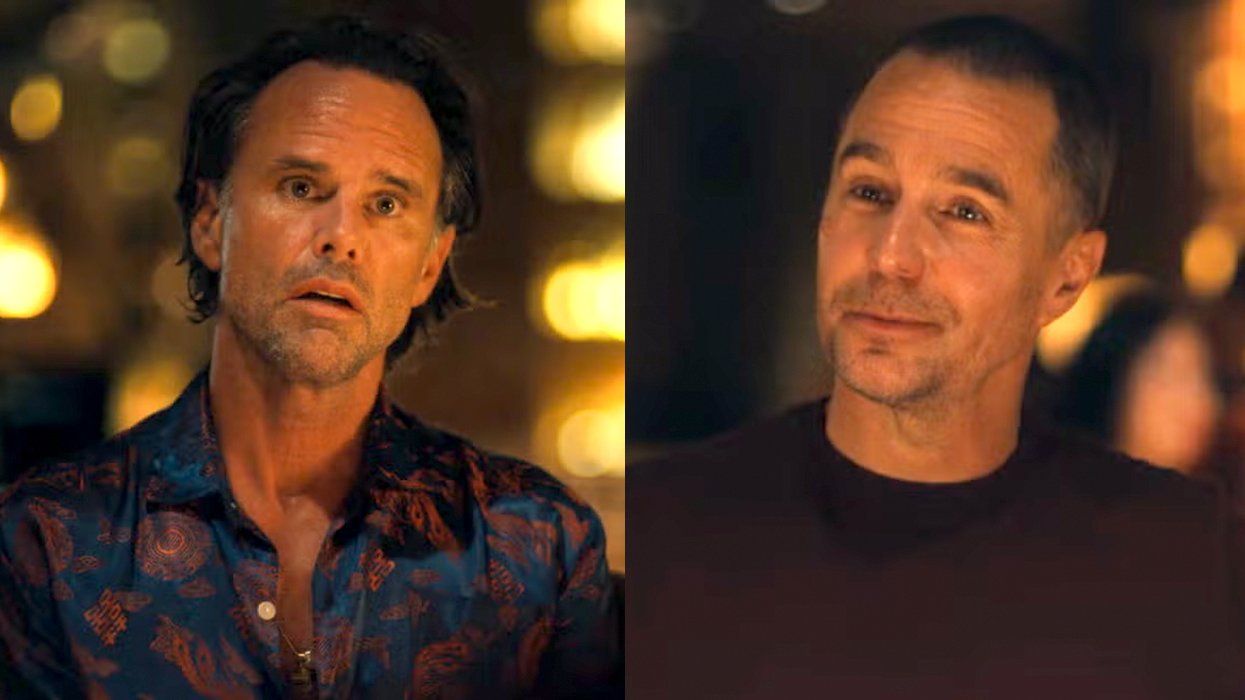

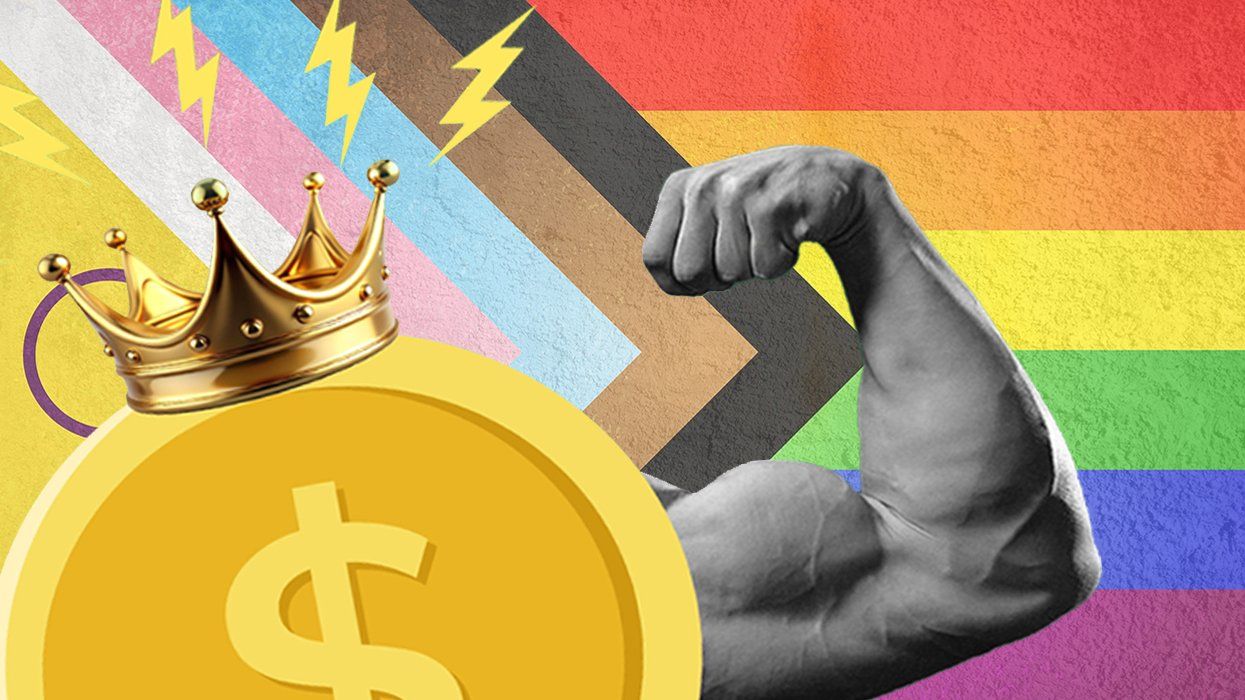




Here's How We Can End Ageism in the LGBTQ+ Community
Activist group Voices4 explain how we can learn to honor our queer and trans elders.